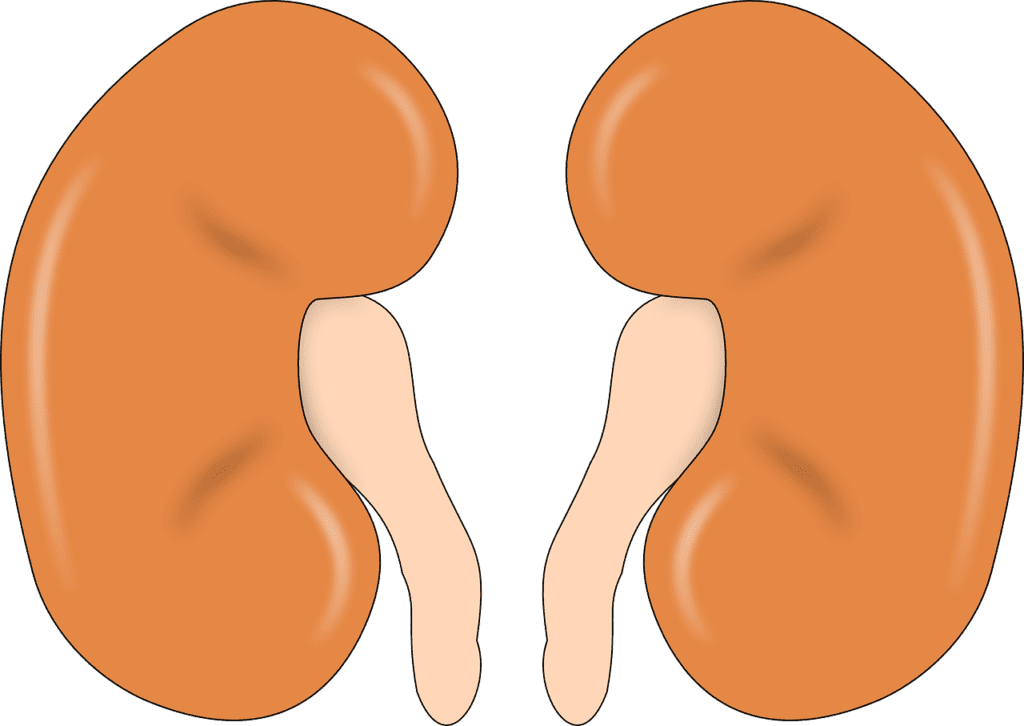Medical research is crucial in better understanding diseases and discovering novel treatment options. Unfortunately, there is often one large barrier to research: funding. This is especially true within the rare disease community, as many larger companies tend to focus on more well-known diseases. Four Points Innovation, owned by Deerfield Management affiliates, is working to overcome this barrier by providing a funding investment to a research team from Duke University and the University of Manchester. According to a news release from the University of Manchester, the two institutions joined together to collaborate and develop multiple different therapeutic options for patients with Alport syndrome.
Discussing the Need for Alport Syndrome Therapies
Alport syndrome is a rare genetic disease caused by COL4A3, COL4A4, and COL4A5 gene mutations. These genes play a role in the production of type IV collagen, which is needed for normal kidney function. So, in people with Alport syndrome, kidney function progressively declines. Damage occurs in the glomeruli, or the tiny structures in the kidneys that help filter out waste.
Symptoms of Alport syndrome vary, but may include:
- Sensorineural hearing loss
- Abnormal retinal coloration
- Decreased vision
- Photophobia
- Swelling of the lower extremities
- Proteinuria (excess protein in the urine)
- Hematuria (blood in the urine)
- Hypertension (high blood pressure)
Treatment is symptomatic, which means it focuses on symptom management rather than the underlying disease. Though some treatments can manage kidney disease, no effective treatments exist that address the underlying genetic issues. Some individuals may undergo kidney transplantation.
This project hopes to determine a way to fix those genetic issues and address the collagen dysfunction at the genetic level. Four Points Innovation has pledged $130M in funding over the next 10 years. The funding is specifically designed to support the preclinical development of novel treatment options for Alport syndrome. Outside of finding better treatments and a potential cure, this project also aims to help patients and give them a better quality-of-life.








